Map Games: A Powerful Tool For Exploring And Understanding Africa
Map Games: A Powerful Tool for Exploring and Understanding Africa
Related Articles: Map Games: A Powerful Tool for Exploring and Understanding Africa
Introduction
In this auspicious occasion, we are delighted to delve into the intriguing topic related to Map Games: A Powerful Tool for Exploring and Understanding Africa. Let’s weave interesting information and offer fresh perspectives to the readers.
Table of Content
Map Games: A Powerful Tool for Exploring and Understanding Africa

Map games, a unique and engaging approach to learning about Africa, have emerged as a valuable tool for education, cultural exchange, and fostering a deeper understanding of the continent’s rich history, diverse cultures, and pressing challenges. These games, designed to be interactive and fun, offer a dynamic and immersive way to explore Africa’s geographical features, historical events, economic realities, and cultural nuances.
Beyond the Traditional Map:
Unlike traditional maps, which often present a static and sometimes sterile representation of geographical information, map games bring Africa to life. They transform passive learning into an active and enjoyable experience, encouraging participants to engage with the continent’s complexities in a meaningful way.
A Multifaceted Approach to Learning:
Map games cater to a variety of learning styles, appealing to visual, auditory, and kinesthetic learners. They incorporate elements of storytelling, problem-solving, and strategic thinking, allowing participants to develop critical thinking skills, spatial awareness, and a deeper understanding of the interconnectedness of different aspects of African life.
Types of Map Games and Their Educational Value:
1. Geography-Focused Games:
- Continent-Wide Scavenger Hunts: These games challenge players to locate specific geographical features, countries, or cities on a map, fostering geographical knowledge and spatial reasoning.
- Resource Allocation Games: Players are tasked with managing resources, such as water, energy, or agricultural products, across different regions, highlighting the importance of sustainable resource management and economic development.
- Environmental Impact Games: These games simulate the effects of climate change, deforestation, or pollution, raising awareness about environmental challenges and promoting sustainable practices.
2. History-Based Games:
- Timeline Games: Players chronologically arrange significant historical events, fostering understanding of key historical periods and their impact on modern-day Africa.
- Role-Playing Games: Participants take on the roles of historical figures or communities, experiencing firsthand the challenges and triumphs of different eras, promoting empathy and understanding of diverse perspectives.
- Storytelling Games: Players create narratives based on historical events, developing creative thinking skills and a deeper appreciation for Africa’s rich history.
3. Culture-Centric Games:
- Cultural Exchange Games: Players learn about different cultures through interactive activities, such as traditional games, music, or storytelling, fostering cross-cultural understanding and appreciation.
- Language Learning Games: These games introduce players to African languages, promoting linguistic diversity and cultural exchange.
- Art and Craft Games: Participants engage in traditional art forms, such as beadwork, pottery, or weaving, fostering creativity and appreciation for African artistic traditions.
Benefits of Map Games for Education and Development:
- Enhanced Learning: Map games transform passive learning into an active and engaging experience, making information more accessible and memorable.
- Critical Thinking Skills: They encourage players to analyze information, solve problems, and make informed decisions, developing critical thinking skills essential for success in life.
- Spatial Awareness: Players develop a deeper understanding of geographical concepts, spatial relationships, and the interconnectedness of different regions.
- Cultural Sensitivity: Map games promote awareness of cultural diversity, fostering respect and understanding for different traditions and perspectives.
- Problem-Solving and Collaboration: Players work together to achieve common goals, developing teamwork and collaboration skills.
- Global Citizenship: Map games promote a deeper understanding of Africa’s role in the global community, fostering a sense of global citizenship and responsibility.
FAQs about Map Games:
Q: What age groups are map games suitable for?
A: Map games can be adapted to suit a wide range of age groups, from young children to adults. They can be tailored to specific learning objectives and developmental stages.
Q: What materials are needed for map games?
A: The materials required vary depending on the type of game. Some games may require simple materials like paper, pencils, and dice, while others may involve more elaborate props or digital platforms.
Q: Where can I find resources for creating map games?
A: Many online resources and educational institutions offer materials and guidance for creating map games. Websites like UNESCO, The British Council, and UNICEF provide valuable resources, while educational organizations like Teach for Africa and Africa Education Trust offer training and support for educators.
Q: How can map games be incorporated into existing curricula?
A: Map games can be integrated into various subjects, such as geography, history, social studies, language arts, and even science. They can be used as introductory activities, reinforcement tools, or culminating projects.
Tips for Creating Effective Map Games:
- Focus on Learning Objectives: Clearly define the educational goals you want to achieve through the game.
- Engage Players: Make the game interactive, engaging, and enjoyable to keep players motivated.
- Use Visual Aids: Incorporate maps, images, and other visual aids to enhance learning and understanding.
- Facilitate Discussion: Encourage players to share their thoughts, ideas, and perspectives during the game.
- Adapt to Different Learning Styles: Consider the diverse learning needs of participants and tailor the game accordingly.
- Promote Collaboration: Encourage teamwork and collaboration to foster a sense of community and shared learning.
Conclusion:
Map games offer a powerful and engaging way to explore and understand Africa’s rich history, diverse cultures, and pressing challenges. By promoting active learning, critical thinking, and cultural sensitivity, they contribute to a deeper understanding and appreciation of the continent, fostering global citizenship and contributing to a more inclusive and equitable world. As we continue to explore new ways to learn and connect, map games stand as a valuable tool for bridging cultural divides, promoting understanding, and empowering future generations to engage with Africa in meaningful ways.
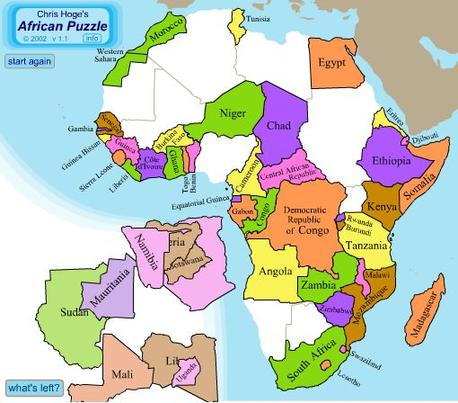
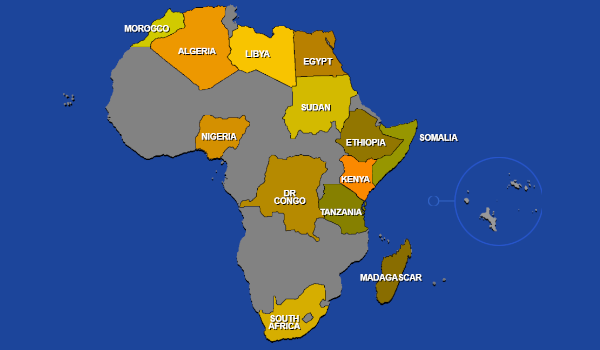
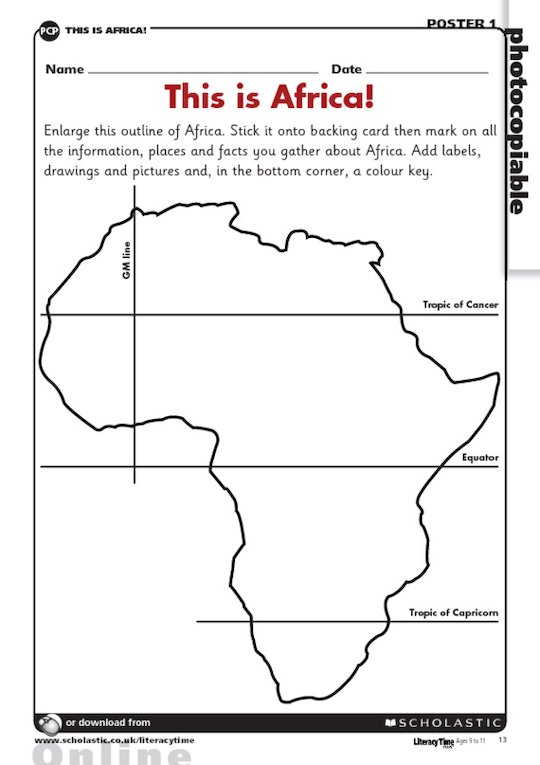
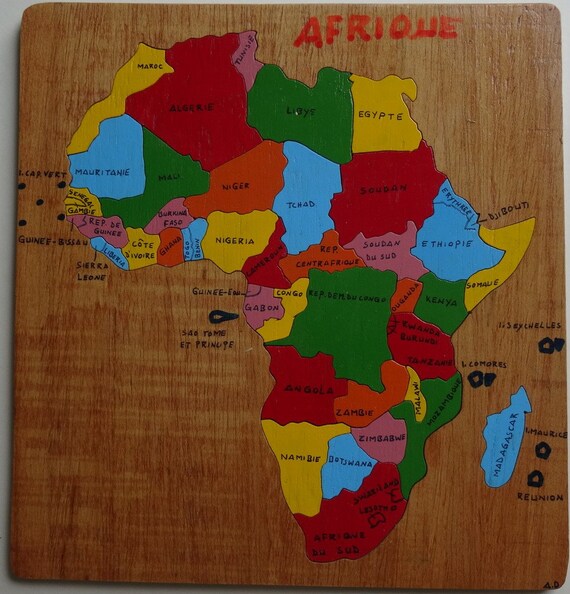

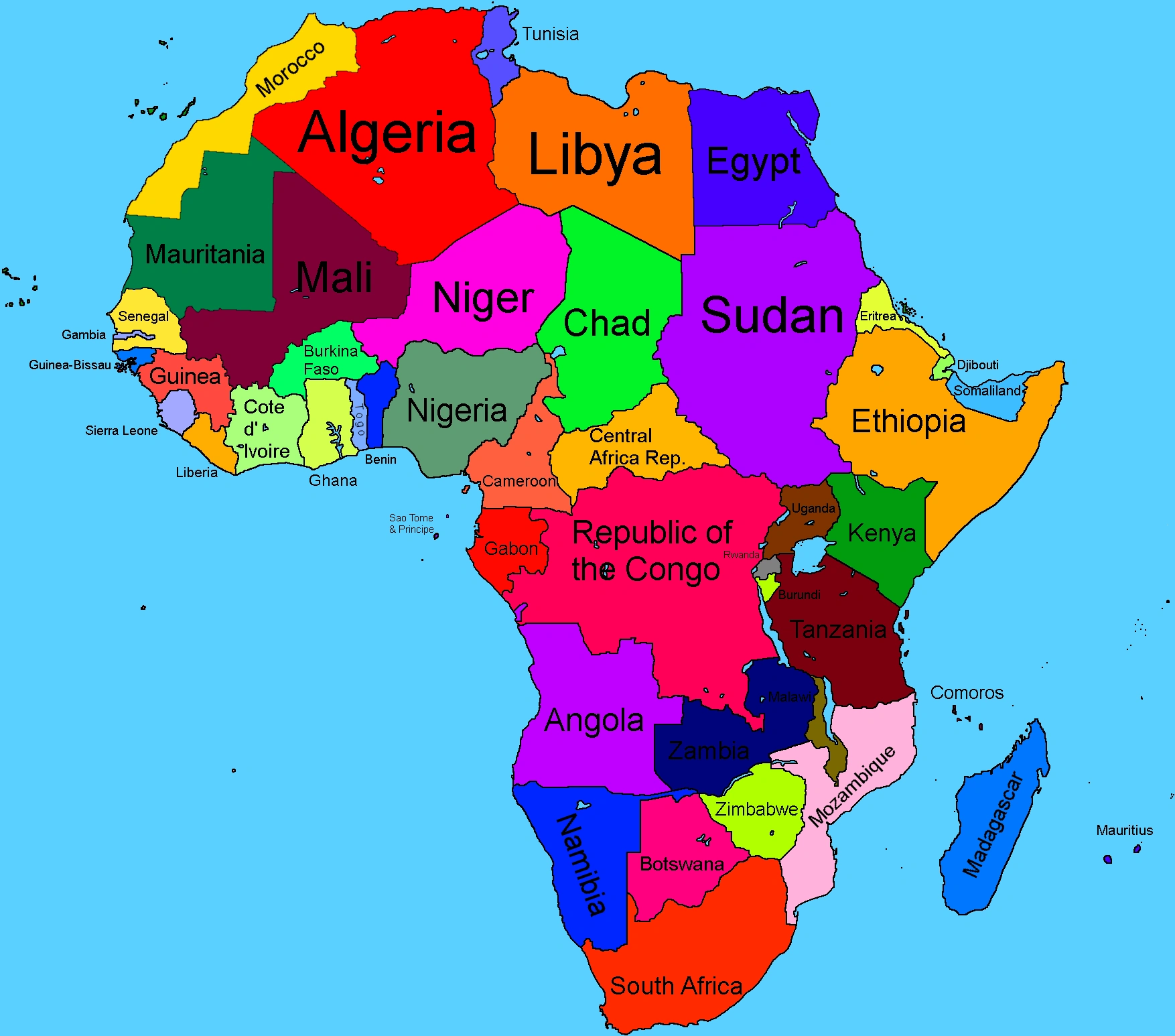

Closure
Thus, we hope this article has provided valuable insights into Map Games: A Powerful Tool for Exploring and Understanding Africa. We hope you find this article informative and beneficial. See you in our next article!